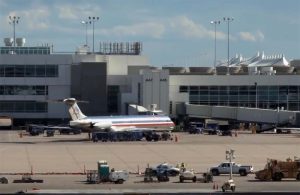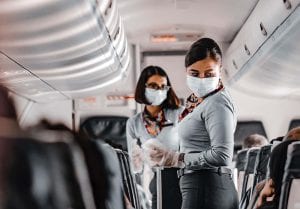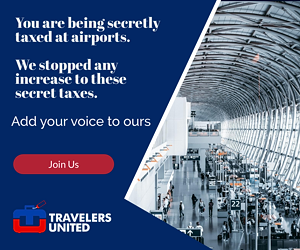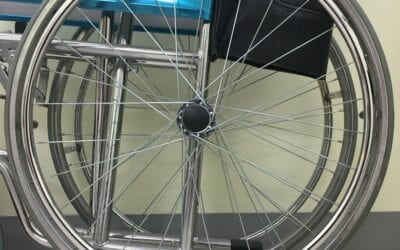Once upon a time, everyone wanted nonstop flights. With COVID, passengers think about connecting flights.

And for various reasons, travelers have had preferences for years as to connecting airports, from avoiding bad weather to having a favorite restaurant or store in a given location.
COVID has taken this to a new level. New rules mean new connection choices.
With international travel, and different countries’ differing rules and regulations, the connecting airport can now be particularly critical. And it’s gotten worse since the U.S. has fallen off the “green” list for much of the world.
While everything changes so quickly, no reader should take anything in this post as gospel, but starting in early in September, U.S. citizens, vaccinated or not, were subject to a mandatory quarantine to enter the Netherlands. So, technically, connecting at Amsterdam’s Schiphol would be OK, as long as you don’t leave the transit area.

Now, as I am finishing this post, the Netherlands has said they will lift the quarantine requirement for fully vaccinated Americans. But who knows how long that might last? It’s no longer just as simple as finding a place to stay until the next day’s flight, or simply taking the quick, fun, train trip downtown to walk around Amsterdam.
Singapore is another problem connection, as Americans are currently required to stay in the transit area. At this airport, I’ve actually booked the airside hotel. They are so strict they place meals outside guests’ doors while in the hotel. Plus, they have set time rules about sending people to gates before departure — for starters.
Domestic connections can be complicated.
With various hotspots in the US, even a domestic connection is more complicated and/or potentially worrisome. I live in the San Francisco Bay Area, which has one of the higher vaccination rates in the country, and most of my limited pandemic travel has been to the East Coast, and once to Hawaii. All are destinations with high vaccination rates and/or, in Hawaii’s case, tight safety protocols.
But I had to connect once in Houston, Texas, where while most people were obeying mask rules, I saw more than a handful of people wearing them maybe halfway. Or they kept them off for a while at tables. (To be fair, I’ve seen a few people misbehaving at every airport, though it does seem like this happens less often, especially at airports like San Francisco and Newark.) Texas’s COVID rates ARE considerably higher than California’s, so I don’t change planes there. In that one case, there was no alternative, but given an option, another United hub like Chicago seems less worrisome.
Fortunately for my personal comfort level, the prospect of connecting in Florida hasn’t come up yet.
COVID connections can be bizarre

In addition, there’s the same potential issue with missed or delayed flights. Whatever a state’s vaccination rate is and whatever a governor says, airports and flights have federal rules. Even in less-compliant airports, most people are mostly masked up. And I’ve actually heard from some health professionals that they consider airports safer than many other indoor venues.
But if you have to leave the airport for a hotel, well, that’s a different story at different connections airports.

As a travel agent, I wake up most mornings these days wondering, “Now where can’t we go?”
Advice: Take a nonstop when possible. Avoid tight connections that increase the chances of being stuck somewhere you don’t want to be. And, if you’re flying internationally, check the rules regularly. If a previously booked flight looks problematic, contact the airline or your travel agent, if you have one.
Oh, and because this shouldn’t be a political statement — please get vaccinated, if you haven’t been already. The more Americans get their shot, the more we can get back to complaining about travel issues we used to complain about. Wouldn’t it be nice to discuss why “minimum connecting time” is one of the bigger jokes in the travel industry?
Janice Hough is a California-based travel agent a travel blogger and a part-time comedy writer. A frequent flier herself, she’s been doing battle with airlines, hotels, and other travel companies for over three decades. Besides writing for Travelers United, Janice has a humor blog at Leftcoastsportsbabe.com (Warning, the political and sports humor therein does not represent the views of anyone but herself.)



